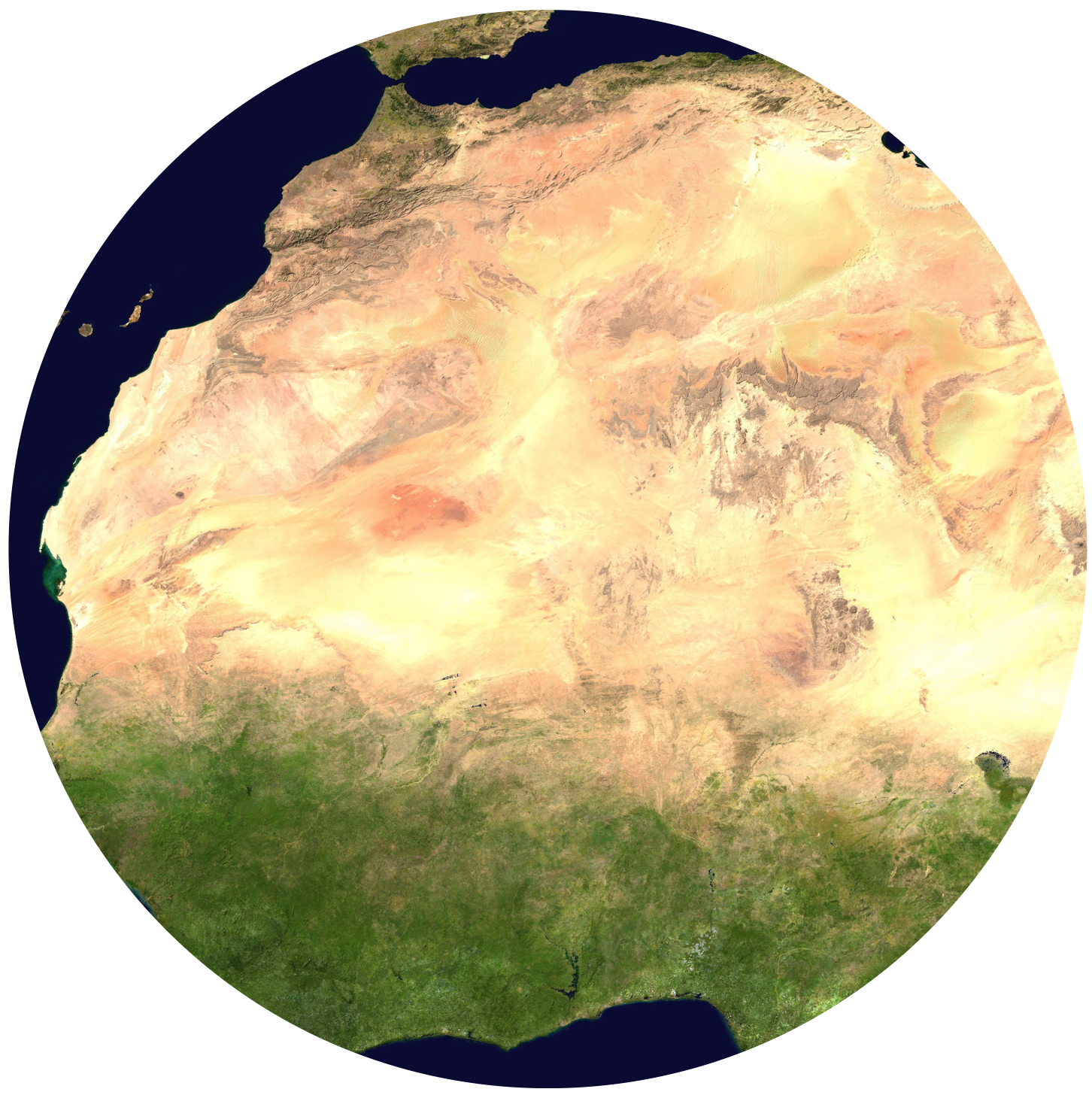More information regarding the UN-organized National Conference in Libya has emerged as various domestic and international commentators have lined-up to support the initiative. Upcoming elections In Mauritania have featured in news there, whilst the lack of Presidential elections in Algeria have provoked unprecedented calls from the Algerian army for Bouteflika to resign. In Tunisia, the anticipated report by the Truth and Dignity Commission has found evidence that President Essebsi was complicit in torture, Egyptian officials have publicly argued with the editorial-line of the BBC, and new political developments have emerged regarding the Western Sahara dispute following a ministerial conference between African Union leaders in Marrakech
Algeria
In Algeria, the head of the army, Ahmed Gaïd Salah, suggested the implementation of Article 102 of the Constitution, which allows the dismissal of the President for medical reasons (France24)[1]. Meanwhile, the RND (Rassemblement National Démocratique), Bouteflika's main party ally, called for his resignation (Le Monde)[2].
Furthermore, Gaïd Salah has given instructions to prevent certain politicians and businessmen from leaving the country (Algérie Direct)[3], including former prime minister Ahmed Ouyahia (Mondafrique)[4]. And all Algerian diplomats’ passports issued in the past 10 years have allegedly been seized (ObservAlgerie)[5].
Egypt
The Egypt’s State Information Service (SIS) accused the BBC of promoting the “Muslim Brotherhood terrorist group” in an article published on the BBC’s Arabic-language website and called on Egyptian officials to boycott the BBC (Egyptian Streets)[6]. Meanwhile, Egyptian human rights activists called on the United States officials to raise awareness of the democratic and human rights situation in Egypt[7].
Concerning the country’s external relations, Egypt signed three Memorandums of Understanding (MoU) with the United Arab Emirates (UAE) in an effort to enhance cooperate in several areas (Khaleej Times)[8].
Libya
The UN Security Council fully backs the upcoming Libyan National Conference (The Libya Observer)[9]. Similarly, Libya’s Grand Mufti says he supports the UN-sponsored National Conference to the extent that the UN mission in Libya issues details and logistic arrangements beforehand (The Libya Observer)[10]. Ghassan Salamé, the UN envoy to Libya, announced the existence of seven fake lists of participants for the National Conference (The Libya Observer)[11].
Regarding human rights, Federica Mogherini asked to shut down the migrant shelters in Libya on the grounds of violent and horrific practices (The Libya Observer[12]; The Guardian[13]). Furthermore, EU ambassadors denounced human rights and international law violations in Libya and urged authorities to bring the perpetrators of such violations to justice (The Libyan Express)[14].
In other news, migrants hijacked a cargo ship which rescued them in the Mediterranean Sea and forced the crew to bring them to Europe (ABC Australia)[15]. And the Tripoli-based Ministry of Interior (MoI) decided to temporarily suspend the right to political demonstrations, for security reasons (Libya Herald)[16].
Mauritania
Regarding Mauritania’s next presidential elections, former Prime Minister and ambassador Sidi Mohamed Ould Boubacar will be running for presidency in June 2019. Opposition parties, including Tewassoul, announced their support for him (L’Authentique)[17]. The opposition accused the government of being reluctant to answer the correspondence that they sent to the Minister of Interior on the upcoming elections and asked for the re-composition of the electoral commission (Sahara Media)[18].
Also, two bloggers close to the opposition were charged and imprisoned for false accusations against Mauritanian President Mohamed Ould Abdel Aziz. In these past months, the bloggers published on Facebook information about the freezing of presumed assets of the President in Dubai (Cridem)[19].
Morocco
Regarding Morocco’s foreign affairs, King Abdullah II, Sovereign of the Hashemite Kingdom of Jordan, arrived in Casablanca for a visit of friendship and work to Morocco at the invitation of King Mohammed VI (2M)[20]. The Moroccan Minister of Foreign Affairs and International Cooperation, Nasser Bourita, affirmed that foreign policy is a “matter of sovereignty” for Morocco and coordination with the Gulf countries “must be done on both sides” (Le360)[21].
Also, the Personal Envoy of the UN Secretary-General for Western Sahara, Horst Kohler, suggested to organize a third roundtable with the parties involved in the conflict (Morocco World News)[22]. The 37 African countries, which took part in the ministerial conference in Marrakech regarding support of the African Union to the UN political process on the regional dispute over the Sahara, agreed to reaffirm the exclusivity of the United Nations in the search for a political solution to this question (2M)[23].
Tunisia
After multiple postponements and political pressures, the Truth and Dignity Commission (IVD) published its final report (RFI)[24]. The report accuses President Beji Caid Essebsi of complicity in torture when he was serving as a minister in the regime of Habib Bourguiba (The Guardian)[25]. Meanwhile, Belhassen Trabelsi, son-in-law of former President Zine El Abidine Ben Ali who had been accused of fraud and money laundering, has been released on bail by French authorities (Tunisie Numérique)[26].
In other news, following the death of 15 newborns two weeks ago[27], the government is working to reform the public health sector (Attessia)[28]. And Tunis is hosting the Arab League Summit from the 26th to the 31st of March (Huffpost Maghreb)[29].

